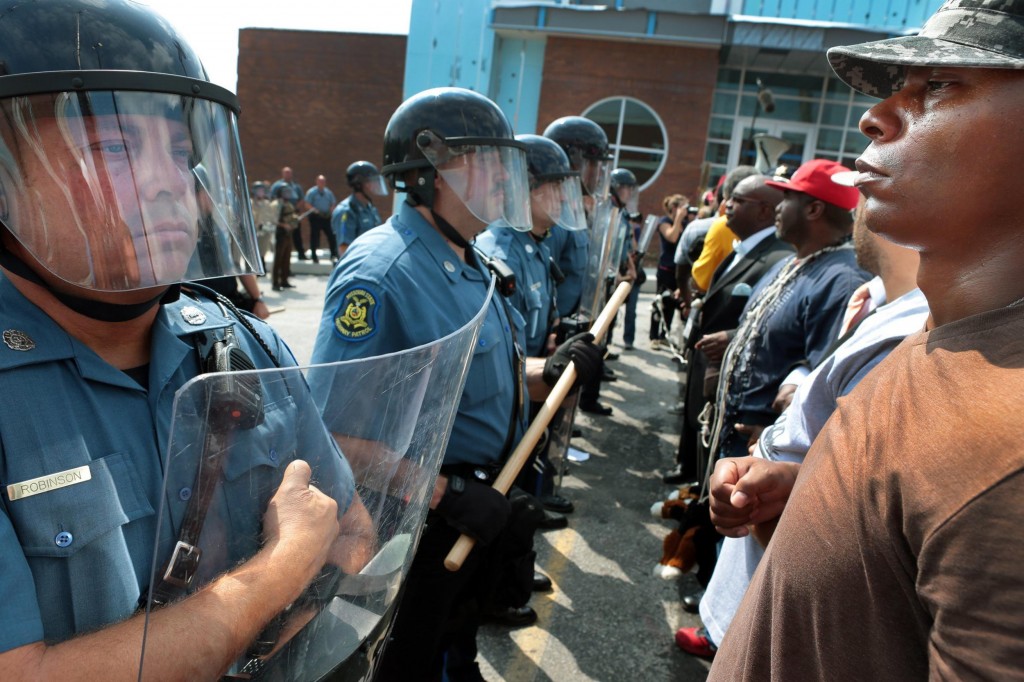
Written by Felix Poon
For international students, race in the US can be a new and foreign idea, especially for most CELOP students who come from less diverse countries. Consider the fact that the US is 72% White American, 13% African American, 5% Asian American, and 1% Native American; and 16% of Americans are of Hispanic/Latino origin (www.census.gov/prod/cen2010/briefs/c2010br-02.pdf).
Michael Brown, an unarmed black teenager was shot and killed by Darren Wilson, a white police officer, in Ferguson Missouri. Ferguson is predominantly black, while the Ferguson Police Department is predominantly white. Protests erupted in Ferguson after Brown’s death in August, and another wave of protests happened recently after Wilson was not indicted, which means that the case would not go to trial in a court case. Different witnesses gave different stories about what they saw, so it is difficult to say if Wilson fired his gun in self-defense, or not. The grand jury ruled that it was in self-defense, which is why he was not indicted. (The New York Times has an excellent article presenting the facts about this case: www.nytimes.com/interactive/2014/08/13/us/ferguson-missouri-town-under-siege-after-police-shooting.html?_r=1)
|
Glossary
|
The question is: are the protesters rightfully frustrated? Or are they overreacting? Americans will answer this question differently depending on what they believe about race in America. To try and make sense of a difficult topic, I present two viewpoints. Of course, there are many more viewpoints than just two, but at least this helps us understand the range of views about race. Most Americans’ beliefs would fall somewhere in the middle..
Viewpoint A: Race no longer matters
|
Viewpoint B: Race still matters
|
After the events of Ferguson there was a second non-indictment case decided in New York City on December 3rd, 2014, involving a black man named Eric Garner killed by a white police officer for a minor crime. These events have sparked nationwide protests, and a heated debate about race and policing. The issue of race in this country is older than the country itself, going back to European settlers taking land already inhabited by Native Americans, and employing Africans for slave labor. It goes back hundreds of years and has been an integral part of the American narrative. As we can see, it continues to be an integral part of the American narrative.
The views and opinions expressed in this article do not necessarily reflect the views and opinions of CELOP, or Boston University.
photo credit: http://media2.s-nbcnews.com/i/newscms/2014_34/630656/140820-michael-brown-ferguson-1930_506586b1b847cd8dd9581b4568af334a.jpg